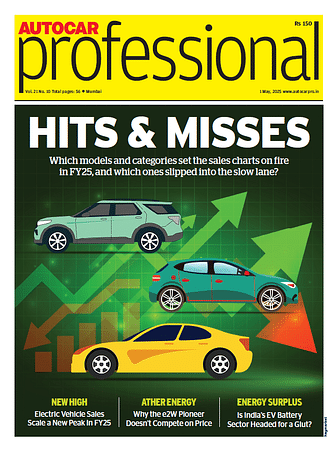Spyker to develop all-electric SUV for 2017
Dutch-American car maker will reveal a new version of its 2006 D12 Peking-to-Paris concept car this year; it will eventually get an all-electric powertrain.
Spyker will soon start developing an all-electric powertrain for an upcoming SUV model, which is due to be revealed at the Los Angeles motor show this year.
The 2016 car will feature a more conventional combustion V12 engine, but Spyker has confirmed its intention to offer an all-electric version of this SUV at a later stage.
Benefiting from the technical expertise of its partner and electric aviation company Volta Volare, the car maker will begin working on the electric system this summer, before presenting it to the public in 2017.
Inspired by the D12 Peking-to-Paris
CEO Victor Muller told Autocar UK that the model would take heavy inspiration from the D12 Peking-to-Paris concept car of 2006 (a V12 version of the D8, pictured above), which never made it to production despite the growing popularity of high-performance SUVs.
“It has always been my long-held wish to put that car into production,” he said. “You could say we were 10 years ahead of our time; today there are lots of luxury performance SUVs on the market, but then there were very few.”
Muller said a V12 petrol engine would power the Los Angeles car, but an all-electric model was in the pipeline, because electric-powered SUVs make sense. “In a sports car you want the engagement of a combustion engine, but in an SUV I don’t mind having a quiet engine. Electric power is much more sellable here.”
When asked if the car could receive a hybrid powertrain, Muller suggested this was unlikely. “Think of the complications of one of the best hybrid cars, the BMW i8. It is an amazing car, but it is super-complicated and packaging is a nightmare, as is keeping the heat situation under control.
“If you use only electric motors, you do not have to deal with these issues.”
It therefore seems likely that Spyker will develop a full combustion engine version of the future SUV, and a full EV version later on.
Muller cites Tesla and its recently unveiled Model 3 as an example of why full-electric models are his preference, but he believes Spyker will go down a slightly different route technically.
“I’m all with Tesla and the full-electric approach, but I still don’t think lithium ion batteries are cost-effective. This type of battery has one major disadvantage that will not go away: degradation.”
Muller wouldn’t expand on what type of battery he would prefer to use, but no doubt partner Volta Volaré will head up the alternative technology’s development.
Low-volume production
Spyker also doesn’t want to compete with mass-production rivals like BMW and Tesla. Instead, Muller wants to keep the production numbers of his company’s cars down.
“We don’t want to be in competition with BMW and Tesla; we wouldn’t have the means to do so. But what we can do is develop technology that will make its way into more mainstream vehicles later.”
“Take Koenigsegg for example: it can compete with Bugatti, which is owned by the VW Group. I’m very excited by the way small, boutique manufacturers like us can give the big boys a run for their money as low-volume car makers.”
Spyker unveiled its new C8 Preliator at the recent Geneva motor show. That car is powered by a supercharged 4.2-litre V8 that produces 518bhp and 443lb ft of torque and comes with a choice of a manual or automatic gearbox.
RELATED ARTICLES
Isuzu unveils D-Max EV at 2025 Commercial Vehicle Show
Revealed at the 2025 Commercial Vehicle Show in Birmingham, the Isuzu -Max EV is the first fully electric commercial pic...
Hyundai unveils next−gen highly efficient hybrid system
The next-gen hybrid system is claimed to offer 45% better fuel efficiency and 19% more power compared with ICE powertrai...
Horse Powertrain reveals hybrid conversion for electric cars
Engine-making joint venture of Geely and the Renault Group announces new hybrid powertrain that fits into the same space...






 02 Apr 2016
02 Apr 2016
 3692 Views
3692 Views





 Autocar Professional Bureau
Autocar Professional Bureau




